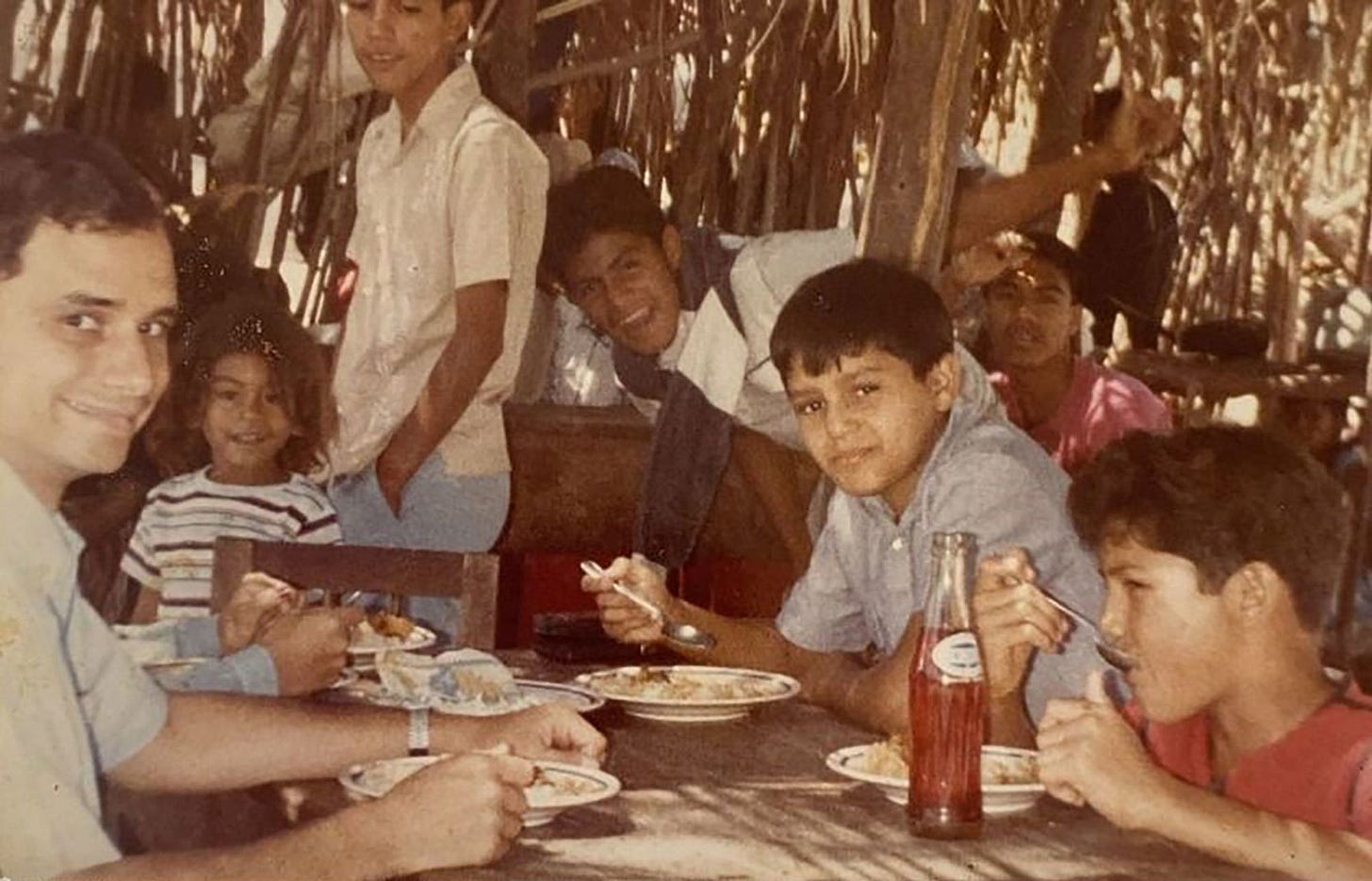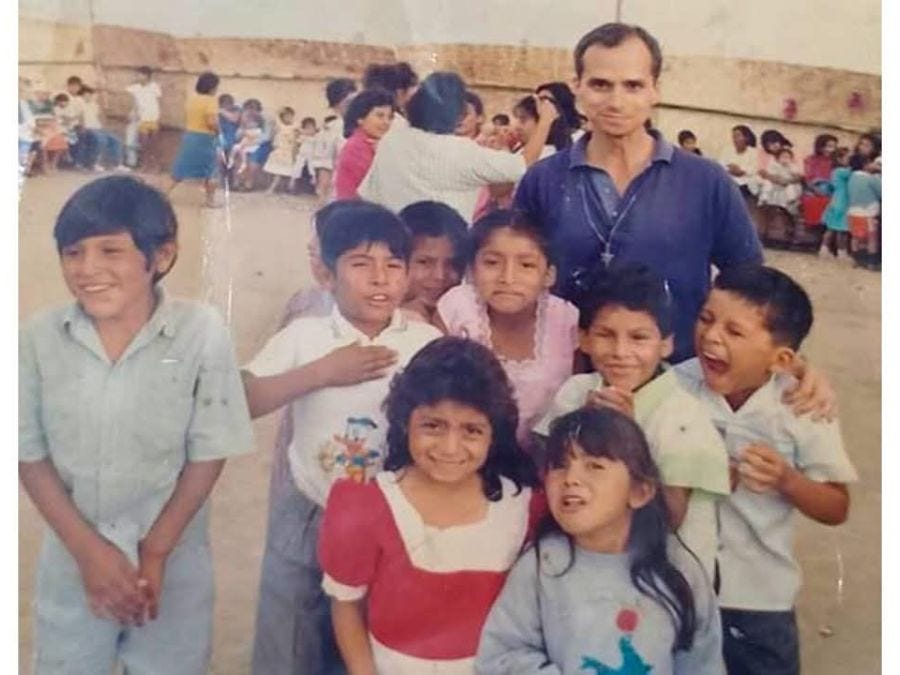The American Pope Leo is Peruvian
What shaped the first American pope wasn’t Washington or Rome — it was the people and parishes of Peru.

Dear friends,
Happy Wednesday! Thanks to you, Letters from Leo is now one of the fastest-rising Substacks in the world. I can’t thank you enough for being part of this community.
Everyone — regardless of their religion and politics — is welcome here.
Over the next few weeks, I’ll be sharing a series of deeply reported essays offering the most complete portrait yet of Pope Leo’s life and formation.
Why? Because if Leo XIV is to be the world’s most credible moral leader during this defining moment in American and global history, then we deserve to understand the nearly 70 years Bob Prevost lived before becoming the 267th leader of the Catholic Church.
Today’s essay explores how Pope Leo’s nearly 30 years in Peru shaped his identity as a priest and missionary.
If you want to know what kind of pope Robert Prevost will be, this piece is your roadmap.
These essays take time and care to produce— so this article, and the rest in the series, will be available exclusively to paying subscribers.
The latest installments:
Part IV explores Pope Leo’s 20-year friendship with Pope Francis.
Part V profiles his closest cardinal confidant, Luis Antonio Tagle.
Subscriptions start at only $6.67 per month.
Do you prefer a one-time gift? Donate here instead of subscribing.
Robert Francis Prevost’s election as Pope Leo XIV in May 2025 put a seasoned missionary in the office of St. Peter.
An American by birth, his formative decade in Peru during the 1980s and early 1990s shaped his understanding of priesthood and mission.
This introduction outlines those years and how they forged the spiritual and pastoral vision he now brings to the papacy.
Prevost arrived in Chulucanas, a newly elevated diocese in northern Peru, in 1985.



